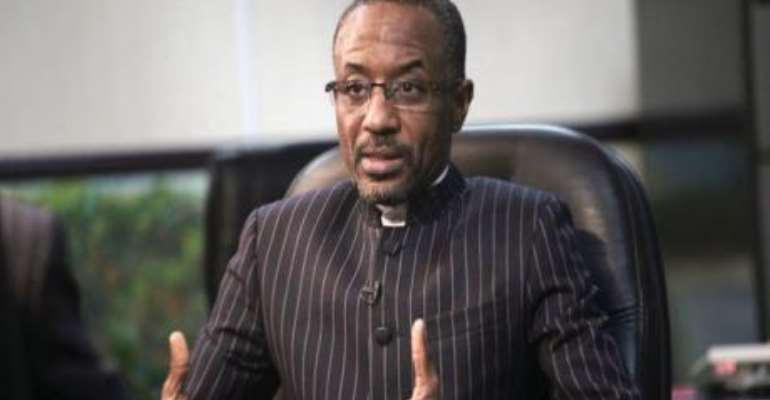EUROBOND YIELDS FALL, AS SANUSI ASSURES OF RESERVES STABILITY

Nigeria's Eurobond yields fell for the seventh day after the Governor of Central Bank of Nigeria (CBN), Mallam Sanusi Lamido Sanusi, said the nation's financial system was not under threat from the withdrawal of speculative investments.
Borrowing costs on the $500 million dollar debt due January 2021, slid four basis points, or 0.04 percentage point, to 4.162 per cent, the lowest since it was issued in January 2011, according to data compiled by Bloomberg. The yields have dropped 213 basis points from a high of 6.29 per cent as at December 21, 2011.
According to Sanusi, the country would still have $36 billion in reserves if speculative investments of about $10 billion left the country. Nigeria's foreign exchange reserves have increased 35 per cent this year to $44.5 billion as at November 30, 2012, according to data on the CBN's website.
An analyst at Sterling Capital Limited, Sewa Wusu, noted that 'strong external reserves boost the confidence of offshore investors in the nation's debt.'
The CBN had left its benchmark interest rate unchanged at a record 12 per cent this year, increased lenders' reserve requirements and limited access to money auctions to stop dealers from buying foreign currency using naira purchased from the bank at a discount.
The naira weakened less than 0.1 per cent at 157.18 a dollar on the interbank market in Lagos. The currency has strengthened 3.2 per cent this year, the second-best performer in Africa, according to data compiled by Bloomberg.
The yield on 16.39 per cent naira debt due January 2022, fell eight basis points to 12.10 per cent, according to prices on the website of the Financial Markets Dealers Association(FMDA).
